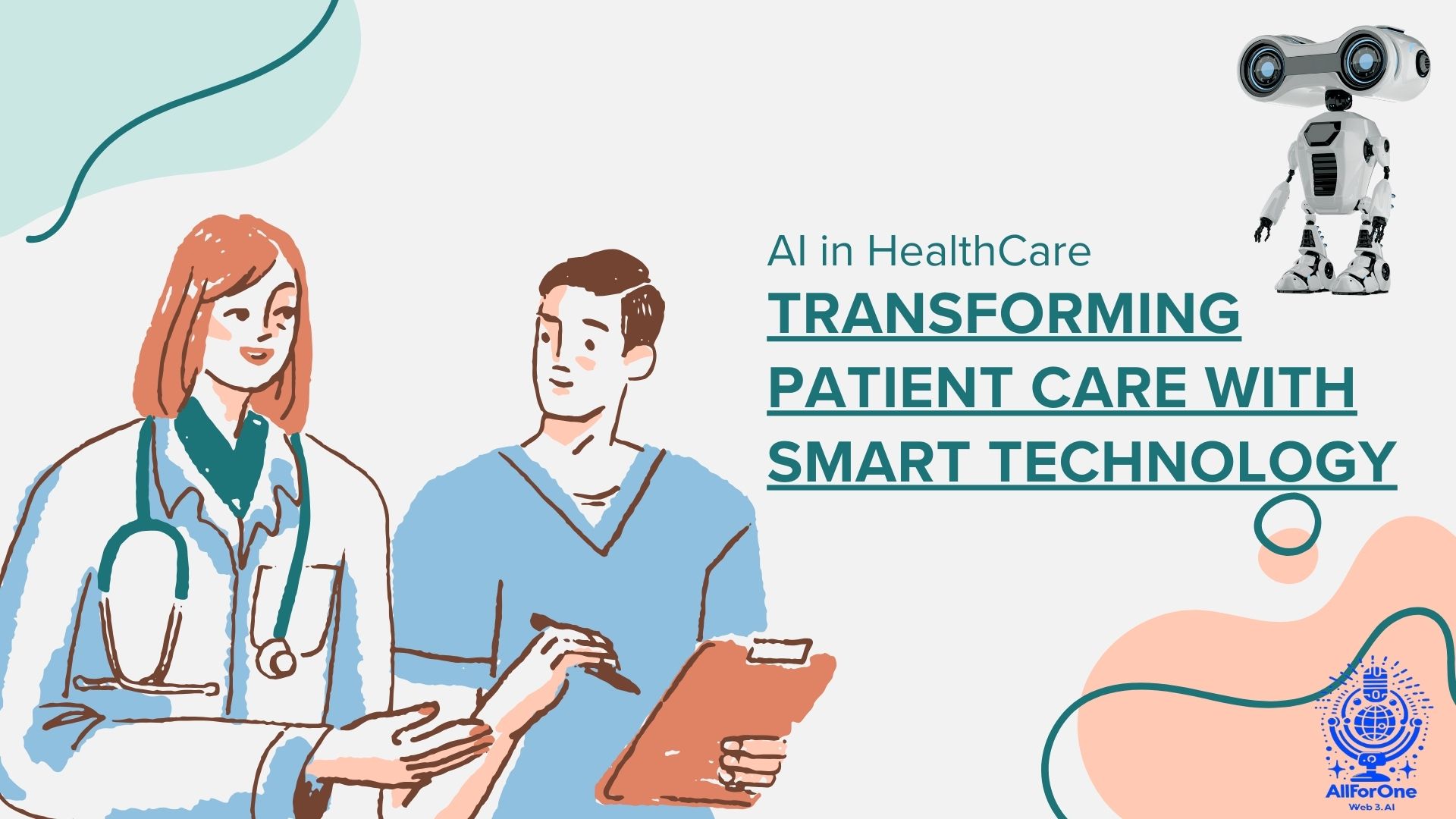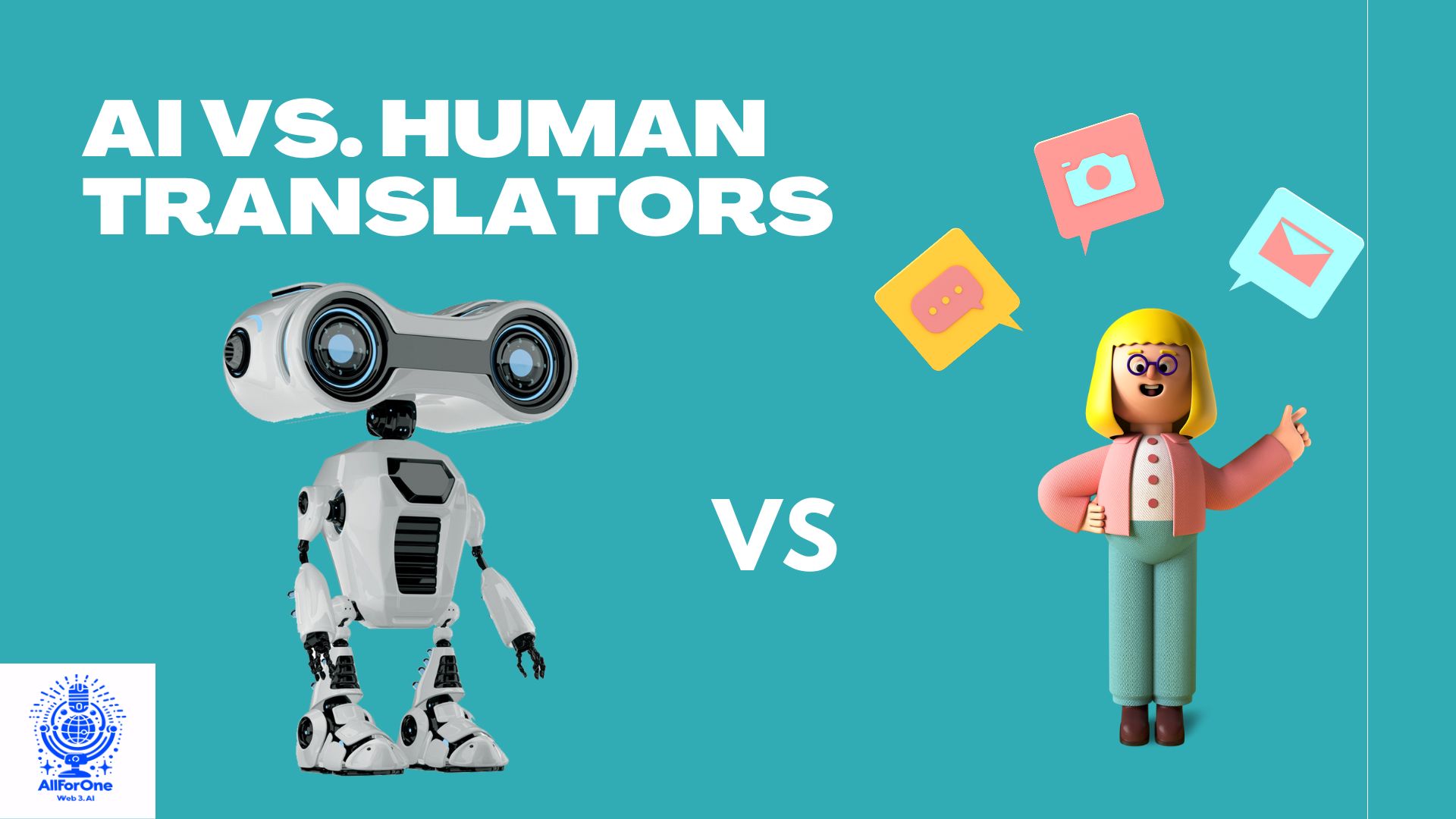Artificial Intelligence (AI) is revolutionizing healthcare, offering transformative potential to enhance patient care, streamline operations, and improve outcomes. From diagnostics and treatment recommendations to personalized medicine and administrative efficiency, AI’s integration into healthcare is driving significant advancements. This article explores the various ways AI is transforming patient care through smart technology, highlighting current applications, future possibilities, and the challenges associated with AI in the healthcare sector.
The Evolution of AI in Healthcare
Early Beginnings
The journey of AI in healthcare began with rudimentary algorithms and decision support systems designed to assist in clinical decision-making. In the 1970s and 1980s, early AI applications in healthcare focused on rule-based systems, such as MYCIN, which provided antibiotic recommendations based on a patient’s symptoms and medical history. These early systems laid the groundwork for more sophisticated AI tools that would emerge in the following decades.
The Rise of Machine Learning
With the advent of machine learning in the 21st century, AI in healthcare began to evolve rapidly. Machine learning, a subset of AI that enables systems to learn from data and improve over time, became a cornerstone of modern healthcare AI applications. This technology allowed for the development of predictive models, advanced diagnostics, and personalized treatment plans that could adapt to the unique needs of each patient.
The Impact of Big Data
The explosion of big data in healthcare, driven by electronic health records (EHRs), medical imaging, and genomic data, further accelerated the adoption of AI. Big data provided the necessary fuel for AI algorithms to analyze vast amounts of information, uncover patterns, and make accurate predictions. This integration of AI and big data has been particularly impactful in areas such as disease diagnosis, treatment planning, and population health management.
AI Applications in Patient Care
AI in Diagnostics
Medical Imaging and Radiology
One of the most significant applications of AI in healthcare is in the field of medical imaging and radiology. AI algorithms, particularly those based on deep learning, have demonstrated remarkable accuracy in interpreting medical images, such as X-rays, MRIs, and CT scans. These AI-powered tools can detect abnormalities, such as tumors or fractures, with a level of precision that rivals or even surpasses human radiologists.
- Case Study: Google DeepMind: Google DeepMind developed an AI system that can detect over 50 eye diseases from retinal scans. The system’s accuracy matches that of leading ophthalmologists, and it can provide instant results, reducing the need for multiple consultations and accelerating treatment.
Pathology
AI is also transforming pathology by automating the analysis of tissue samples and identifying disease markers. AI-powered digital pathology tools can analyze slides at a microscopic level, detecting cancerous cells and other abnormalities with high accuracy. This not only speeds up the diagnostic process but also improves the consistency and reliability of results.
- Case Study: PathAI: PathAI is a company that leverages AI to improve the accuracy of pathology diagnoses. Their platform uses machine learning to analyze biopsy samples and identify cancerous cells, helping pathologists make more accurate and consistent diagnoses.
AI in Personalized Medicine
Genomic Data Analysis
AI is playing a crucial role in the field of personalized medicine by analyzing genomic data to identify genetic mutations and predict how patients will respond to specific treatments. AI-driven tools can analyze vast amounts of genomic data to identify patterns and correlations that would be impossible for humans to detect manually. This information can be used to develop personalized treatment plans tailored to an individual’s unique genetic makeup.
- Case Study: IBM Watson for Genomics: IBM Watson for Genomics uses AI to analyze genetic mutations and recommend targeted therapies for cancer patients. By comparing a patient’s genetic data to a vast database of medical literature and clinical trials, Watson can identify the most effective treatment options.
Drug Discovery
AI is also accelerating the drug discovery process by predicting how new drugs will interact with the human body and identifying potential candidates for clinical trials. This technology can significantly reduce the time and cost associated with bringing new drugs to market, ultimately leading to more effective treatments for patients.
- Case Study: Atomwise: Atomwise uses AI to predict the binding affinity of small molecules to proteins, a critical step in drug discovery. Their AI-driven platform has been used to identify potential treatments for diseases such as Ebola and multiple sclerosis, demonstrating the potential of AI to revolutionize drug discovery.
AI in Treatment and Care Management
AI-Powered Virtual Assistants
AI-powered virtual assistants, such as chatbots and voice-activated systems, are becoming increasingly common in healthcare settings. These tools can provide patients with instant access to medical information, answer questions, and even offer guidance on managing chronic conditions. Virtual assistants can also help clinicians by automating routine tasks, such as scheduling appointments and sending reminders.
- Case Study: Babylon Health: Babylon Health developed an AI-powered chatbot that can assess symptoms and provide medical advice based on a patient’s responses. The chatbot uses natural language processing (NLP) to understand patient input and deliver accurate information, improving access to healthcare services.
Remote Monitoring and Telemedicine
AI is also enhancing remote monitoring and telemedicine by enabling continuous tracking of patient health data and providing real-time insights to healthcare providers. AI-driven wearable devices can monitor vital signs, such as heart rate and blood pressure, and detect early warning signs of potential health issues. This data can be transmitted to healthcare providers, who can intervene before a condition worsens, reducing the need for hospital visits and improving patient outcomes.
- Case Study: AliveCor: AliveCor developed an AI-powered portable ECG device that allows patients to monitor their heart health from home. The device can detect atrial fibrillation, a common heart condition, and alert patients and their healthcare providers to take action.
AI in Surgery
Robotic-Assisted Surgery
AI is also making its mark in the field of surgery through robotic-assisted systems that enhance the precision and safety of surgical procedures. These AI-driven robots can assist surgeons by providing real-time guidance, making precise incisions, and even performing complex tasks that require a high level of dexterity. Robotic-assisted surgery has been shown to reduce complications, shorten recovery times, and improve patient outcomes.
- Case Study: da Vinci Surgical System: The da Vinci Surgical System is one of the most widely used robotic-assisted surgical platforms. It uses AI to enhance the surgeon’s ability to perform minimally invasive procedures with high precision, reducing the risk of complications and improving patient recovery.
Predictive Analytics in Surgery
AI is also being used to predict surgical outcomes and identify potential risks before a procedure takes place. By analyzing patient data, including medical history, lab results, and imaging, AI algorithms can assess the likelihood of complications and help surgeons plan for the most effective interventions.
- Case Study: Surgical Theater: Surgical Theater is a company that uses AI to create 3D virtual models of patients’ anatomy based on medical imaging data. These models allow surgeons to practice and plan surgeries in a virtual environment, improving their ability to perform complex procedures with precision.
AI in Healthcare Administration
Streamlining Administrative Tasks
AI in Medical Coding and Billing
AI is streamlining administrative tasks in healthcare, such as medical coding and billing, by automating processes that were previously time-consuming and prone to errors. AI-driven systems can analyze clinical documentation and assign appropriate billing codes, reducing the burden on healthcare providers and improving the accuracy of billing.
- Case Study: Optum360: Optum360 uses AI to automate medical coding and billing processes, reducing the time it takes to submit claims and improving the accuracy of reimbursements. This technology helps healthcare providers focus more on patient care and less on administrative tasks.
AI in Appointment Scheduling
AI-powered appointment scheduling systems can optimize patient appointments by analyzing factors such as patient preferences, provider availability, and clinic capacity. These systems can automatically schedule, reschedule, or cancel appointments, reducing no-shows and improving clinic efficiency.
- Case Study: Zocdoc: Zocdoc uses AI to match patients with healthcare providers based on their needs, preferences, and availability. The platform streamlines the appointment scheduling process, making it easier for patients to access care and reducing administrative burdens on providers.
Enhancing Clinical Documentation
AI-driven tools are also improving clinical documentation by automating the transcription of medical notes and ensuring that patient records are accurate and up to date. Natural language processing (NLP) algorithms can analyze spoken or written medical notes, convert them into structured data, and integrate them into electronic health records (EHRs).
- Case Study: Nuance Dragon Medical One: Nuance’s Dragon Medical One is an AI-powered speech recognition tool that allows healthcare providers to dictate clinical notes directly into EHRs. The system uses NLP to accurately transcribe medical terminology and integrate it into patient records, saving time and reducing the risk of documentation errors.
Challenges and Ethical Considerations
Data Privacy and Security
One of the most significant challenges associated with AI in healthcare is ensuring the privacy and security of patient data. AI systems rely on vast amounts of data to function effectively, raising concerns about how this data is collected, stored, and used. Protecting patient information from cyber threats and ensuring compliance with data protection regulations, such as the Health Insurance Portability and Accountability Act (HIPAA), is critical.
Bias in AI Algorithms
Another ethical concern is the potential for bias in AI algorithms. If AI systems are trained on biased data, they may produce biased outcomes, leading to disparities in healthcare delivery. For example, AI algorithms used in diagnostic tools may be less accurate for certain populations if the training data does not adequately represent those groups. Ensuring that AI systems are trained on diverse and representative datasets is essential to avoid exacerbating existing health disparities.
Accountability and Transparency
As AI becomes more integrated into healthcare, questions arise about accountability and transparency. If an AI system makes a mistake, such as misdiagnosing a patient or recommending an inappropriate treatment, who is responsible? Ensuring that AI systems are transparent
and that their decision-making processes can be understood by healthcare providers and patients is crucial for maintaining trust in AI-driven healthcare.
The Future of AI in Healthcare
AI-Driven Precision Medicine
The future of AI in healthcare holds the promise of even greater advancements in precision medicine. As AI algorithms continue to improve, they will be able to analyze more complex data sets, such as multi-omics data, to develop highly personalized treatment plans. This approach could revolutionize how diseases are treated, shifting from a one-size-fits-all model to a tailored approach that considers an individual’s unique genetic, environmental, and lifestyle factors.
AI in Global Health
AI also has the potential to address global health challenges by improving access to healthcare in underserved regions. AI-powered telemedicine platforms and diagnostic tools can bring high-quality care to remote areas, where access to healthcare providers is limited. Additionally, AI can be used to monitor and predict disease outbreaks, enabling early interventions and preventing the spread of infectious diseases.
AI and Aging Populations
As the global population ages, AI will play an increasingly important role in managing chronic conditions and supporting aging individuals. AI-powered home monitoring systems can help elderly individuals live independently by detecting falls, monitoring vital signs, and alerting caregivers to potential health issues. AI-driven tools can also assist in managing chronic conditions, such as diabetes and heart disease, by providing personalized recommendations and reminders.
Collaboration Between AI and Healthcare Professionals
The future of AI in healthcare will likely involve close collaboration between AI systems and healthcare professionals. AI will not replace doctors and nurses but will augment their capabilities, allowing them to provide more accurate diagnoses, personalized treatments, and efficient care. By working together, AI and healthcare professionals can deliver better outcomes for patients and improve the overall quality of care.
Conclusion
AI is transforming healthcare in ways that were once unimaginable, offering new opportunities to improve patient care, streamline operations, and enhance medical research. From diagnostics and personalized medicine to surgery and healthcare administration, AI is playing a critical role in shaping the future of healthcare.
However, the widespread adoption of AI in healthcare also presents challenges, such as ensuring data privacy, avoiding algorithmic bias, and maintaining accountability. Addressing these challenges will require collaboration between healthcare providers, policymakers, and AI developers.
As we look to the future, the integration of AI into healthcare will continue to evolve, driven by advancements in technology and a growing understanding of AI’s potential. By embracing AI and its transformative capabilities, we can create a healthcare system that is more efficient, effective, and equitable for all.
Incorporating AI into healthcare is not just about technological advancement; it’s about reimagining how we deliver care, how we treat patients, and how we ensure the best possible outcomes. The future of healthcare is bright, and AI will be at the forefront of this exciting transformation.




